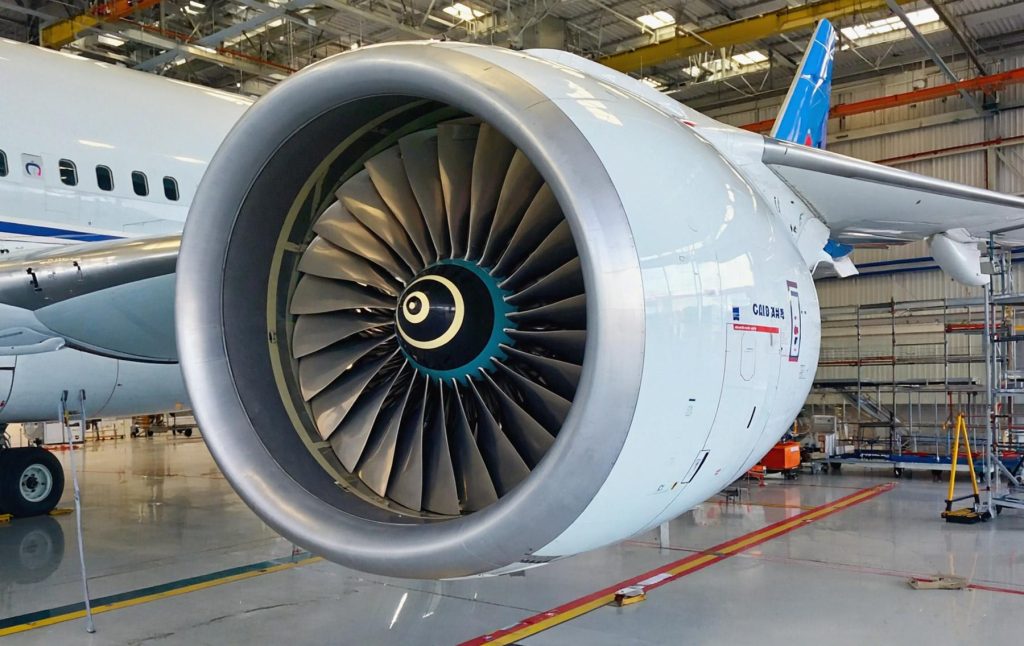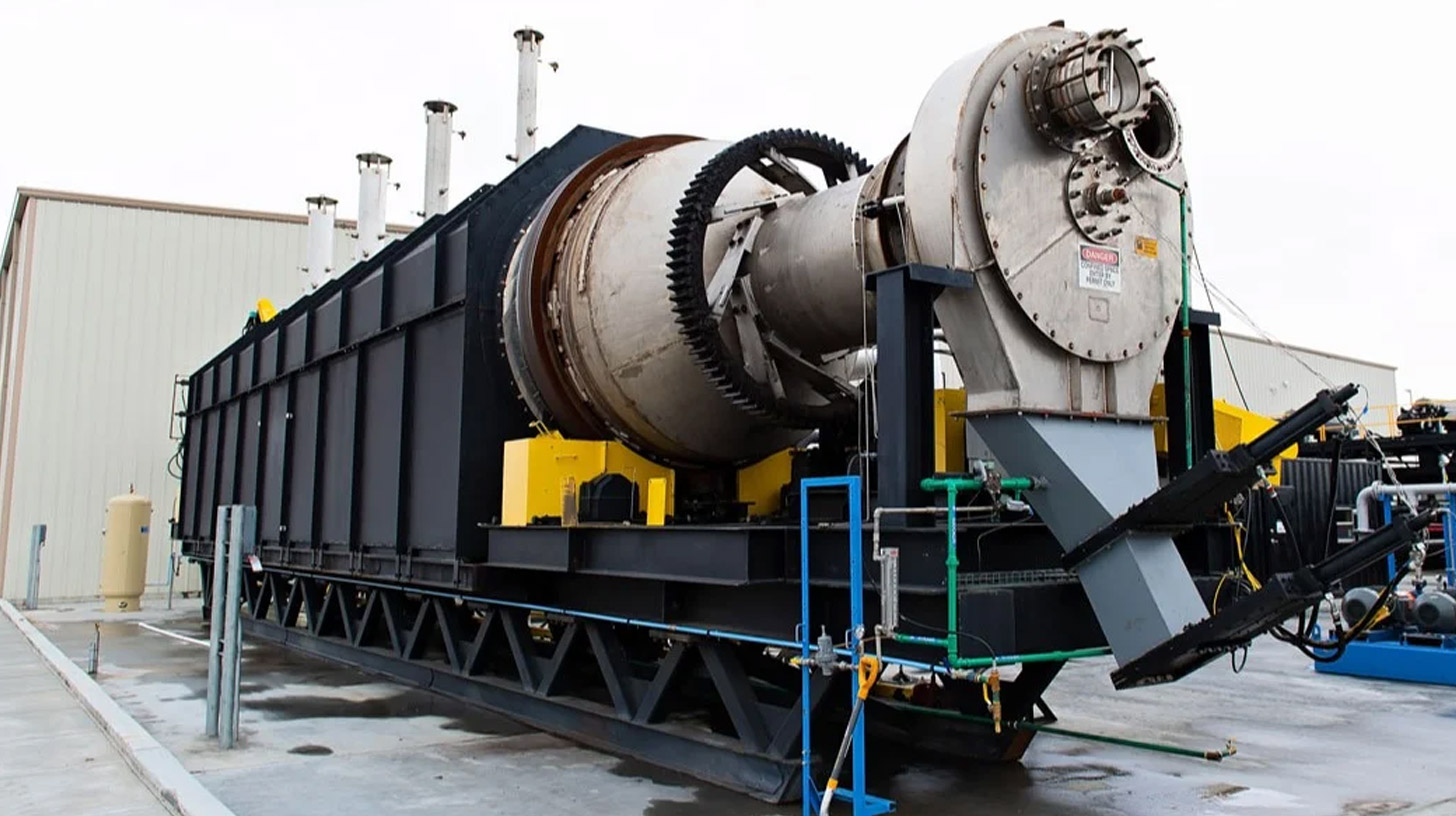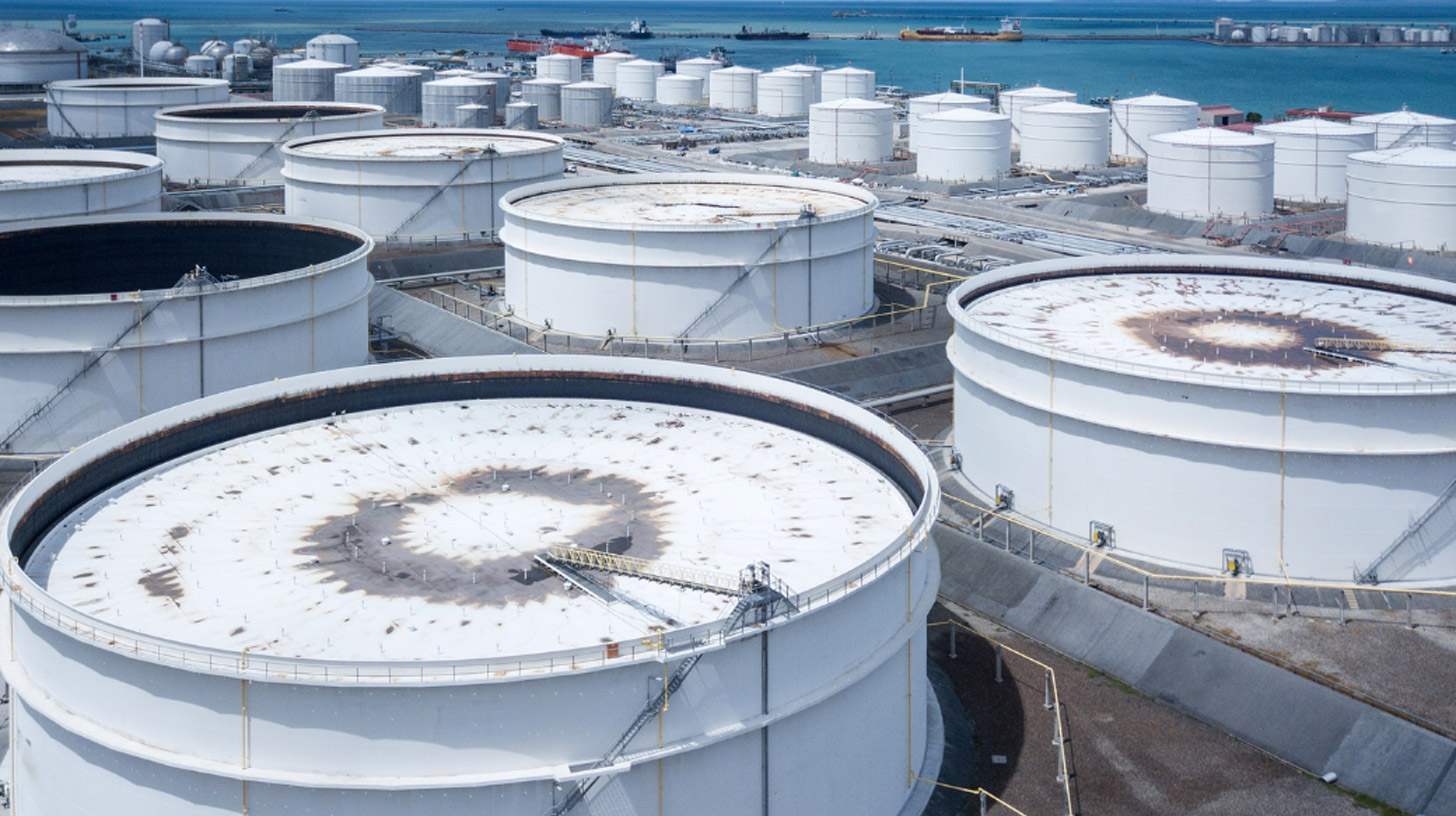Aerospace
Partnering with Aerospace Manufacturers
The Amlon Group collaborates with aerospace manufacturers and their customers to implement forward-thinking waste management practices that embody our vision of converting environmental obstacles into sustainable advantages.
INDUSTRY CHALLENGES
The aerospace manufacturing sector and its customers generate complex waste streams requiring specialized handling, particularly from turbine engine production, superalloy processing, advanced composite manufacturing, and from the decommission of systems. Our integrated approach addresses these challenges.
Superalloy Component Recovery
We specialize in recovering valuable metals from aerospace manufacturing waste streams:
- Turbine Blade Processing: Complete recovery of nickel, cobalt, and chromium from spent turbine blades and stators through advanced pyrometallurgical techniques
- Guide Vane Reclamation: Specialized processing of high-temperature guide vanes to extract rhenium, tungsten, and other critical superalloy constituents
- Inconel and Hastelloy Recovery: Expert handling of exotic nickel-based superalloys with recovery rates exceeding industry standards
Manufactured Equipment Processing
Our facilities process end-of-life equipment from aerospace operations:
- Spent Tooling and Fixtures: Comprehensive recycling of carbide cutting tools and tungsten-based tooling systems used in aerospace machining
- Coating Booth Residues: Processing of thermal barrier coating overspray containing yttria-stabilized zirconia and bond coat materials
- Furnace Components: Recovery of valuable metals from high-temperature furnace linings and processing equipment containing platinum group metals
- Systems Decommission: Processing for complete destruction of decommissioned systems and components with digital tracking and certification.
AMLON ADVANTAGE
We convert aerospace manufacturing residuals into beneficial resources using our advanced processing technologies. Our facilities handle diverse material waste streams, extract critical metals and superalloys and generate usable materials that decrease dependence on virgin resources and contribute to a circular economy.
Specialized Material Processing
Amlon’s facilities are designed to process the unique materials present in aerospace manufacturing waste, including titanium scrap, carbon fiber composite waste, and specialized coating materials. Through tailored treatment protocols, we safely extract valuable constituents while ensuring adherence to aerospace quality standards.

BENEFITS
Our sustainability commitment permeates all operations. For aerospace manufacturers, we deliver tailored solutions with:
Advanced Processing Capabilities
Our facilities employ specialized technologies to manage diverse aerospace manufacturing residuals, including:
- High-Temperature Processing for superalloy component breakdown and metal recovery
- Plasma Processing for ceramic coating material recovery
- Inert Atmosphere Handling for reactive metal processing
- Clean Room Processing for aerospace-grade material standards
Aerospace-Specific Expertise
Our team understands the unique challenges of aerospace material management:
- ITAR Compliance: Secure processing protocols for controlled aerospace materials and technologies
- Traceability Systems: Complete chain-of-custody documentation, with complete destruction certification, meeting aerospace quality standards
- Critical Material Recovery: Specialized techniques for recovering strategic materials like rhenium, tantalum, and rare earth elements
- Proprietary Technology Protection: Confidential processing that safeguards intellectual property and competitive advantages
Regulatory Guidance
We assist aerospace manufacturers through complex regulations specific to controlled materials, export compliance, and aerospace waste disposal to minimize administrative complexity while maintaining strict security protocols.
RECOVERABLE COMPONENTS IN AGROCHEMICAL WASTE
Precious Metals from Catalysts
- Palladium: Recovered from hydrogenation and coupling reaction catalysts
- Platinum: Reclaimed from oxidation and specialty synthesis catalysts
- Rhodium: Extracted from complex organic synthesis catalysts
- Silver: Recovered from oxidation and antimicrobial manufacturing processes
Base Metals from Equipment and Processes
- Copper: Reclaimed from synthesis catalysts and manufacturing equipment
- Nickel: Recovered from hydrogenation catalysts and high-temperature alloys
- Cobalt: Extracted from specialty chemical synthesis catalysts
- Zinc: Reclaimed from catalyst supports and manufacturing residues
Specialty Materials
- Titanium compounds: Recovered from specialty catalyst systems
- Zirconium: Extracted from high-performance catalyst supports
- Molybdenum: Reclaimed from complex synthesis catalysts
- Tungsten: Recovered from specialty alloy components
Solvents and Chemical Recovery
- Process solvents: Recovery and purification of manufacturing solvents
- Intermediate chemicals: Extraction of valuable chemical intermediates
- Active ingredient residues: Safe processing and resource recovery where applicable
Customer Testimonials
"Safety is everything and Amlon gets that. Their certified destruction process ensures our parts can never make it back into service. The complete chain-of-custody documentation and destruction certificates give our compliance team everything they need."
Processing DirectorMRO Facility
"Amlon changes how I think about our waste. Instead of just disposing of scrap, we're now recovering nickel, cobalt, and others when it didn’t seem worth the effort. It's a boost for our ESG folks and they like how any metal recovery supports our circular economy goals."
Vice President, OperationsEngine Manufacturer
"They [Amlon] recover valuable metals like tungsten and platinum from our coating booth residues while providing the destruction certification we need for compliance. Amlon’s team is sharp."
Senior Operations ManagerCommercial Engine Shop
Amlon News
Can I ship my spent catalyst and tank bottoms under the VRE?
April 15, 2023
The 2015 Definition of Solid Waste (DSW) rule provided, in part, that hazardous secondary material generated and then transferred to a Verified Reclamation Facility (VRF) for ...
How do decanter centrifuges assist with oil reclamation?
January 6, 2023
Refineries and oil residual management Every oil refinery produces oil-bearing secondary contaminated material during its regular operations. Long-term accumulation of these materials might deplete storage ...
Benefits of using thermal desorption for tank slurry recycling
October 18, 2022
The oil production and petroleum refining industries generate a large amount of sludge and tank bottom material as waste. Considering that the landfilling option has slowly ...
Take The Next Step
Are You Ready To Work Today For Tomorrow's Environment?
Reach out to one of our of experts today.


